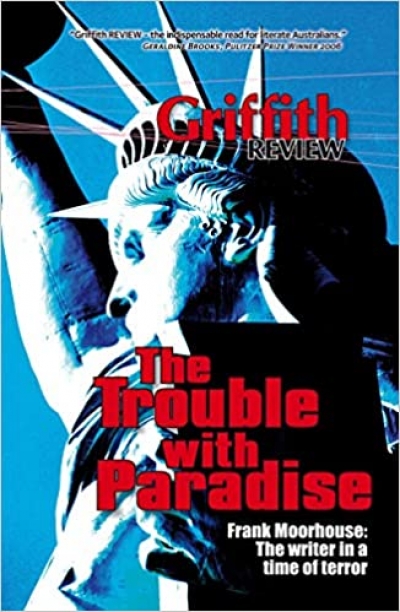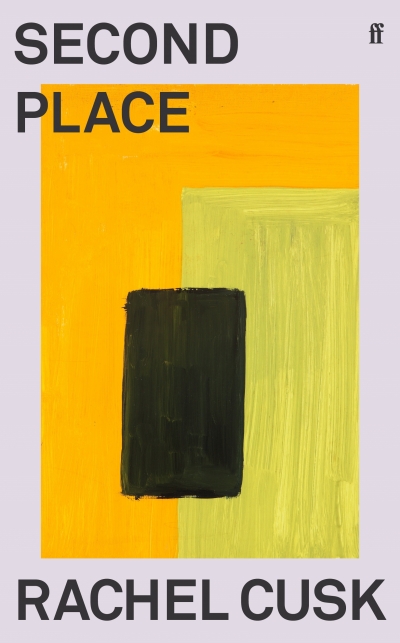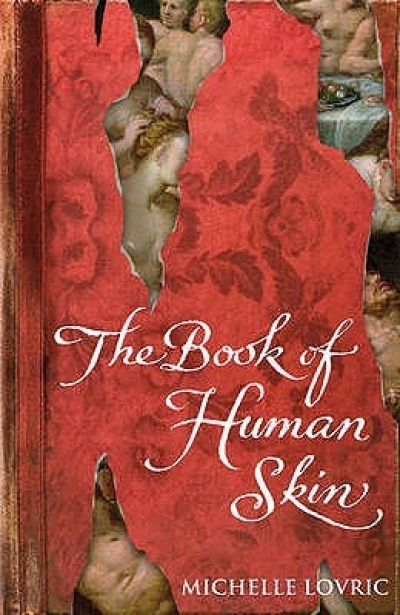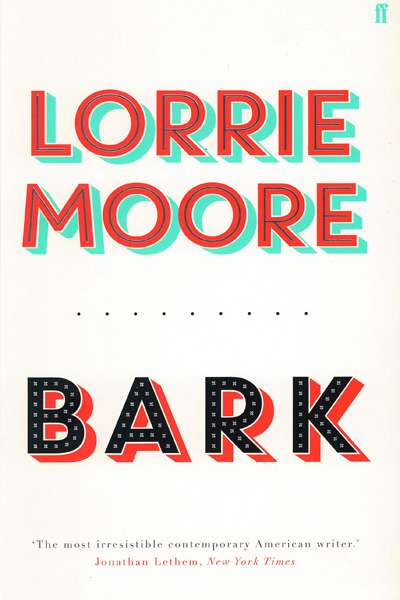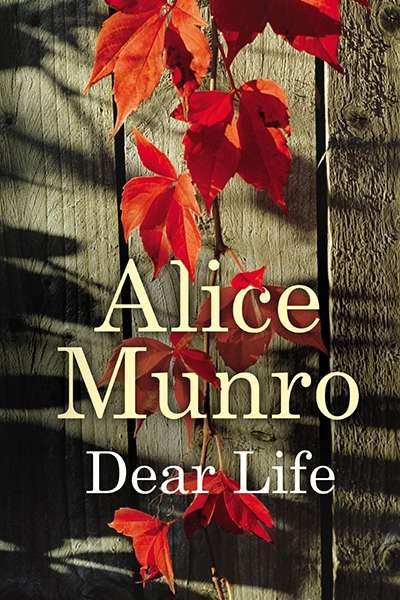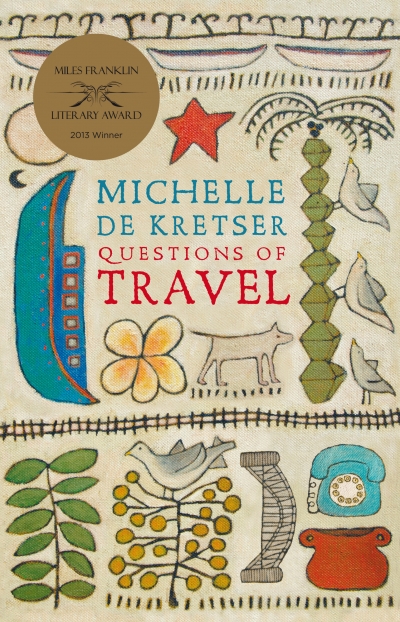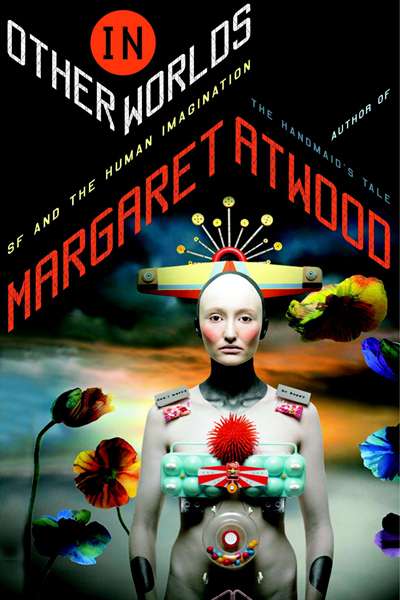Melinda Harvey
Melinda Harvey is Lecturer in English at Monash University. She has been a book critic for nearly twenty years, with reviews and commentary appearing in major Australian newspapers and magazines including Australian Book Review, The Australian, The Age, and the Sydney Review of Books. She was a finalist in the 2020 Pascall Prize for Arts Criticism.
In Second Place, the narrator, M, reminisces about the time she invited the artist L to stay on her remote property ‘on the marsh’. Fifteen years earlier in Paris, a painting of L’s on a poster advertising a major retrospective of his art had spoken to M of ‘absolute freedom’. She was then ‘a young mother on the brink of rebellion’. The night before she had allowed a famous writer ... (read more)
The Book of Human Skin details the trials and tribulations of an innocent Venetian noblewoman named Marcella Fasan, a girl ‘so sinned agin tis like Job in a dress’, Gianni delle Boccole, loyal family servant and bad speller, explains. Marcella’s principal antagonist is her older brother Minguillo, who, out of filial jealousy and a desire to be the sole heir to the family’s New World fortu ... (read more)
In Bark’s second story, ‘The Juniper Tree’, an unnamed narrator sings ‘The Star-Spangled Banner’ with calculated slowness to alter ‘not just the attitude of the song but the actual punctuation, turning it into a protest and question’. Lorrie Moore’s writing career to date strikes a similar counterbalance between form and content: irrepressible linguistic exuberance tempers – and ... (read more)
Philip Roth wasn’t the only writer to take the unusual step of announcing his retirement at the end of last year. Confirmation that Alice Munro was also relinquishing fiction was tucked away on the New Yorker’s blog, Page-Turner, three days after the New York Times ran an interview with Roth on its front page. While literary magazines here and overseas continue to publish tributes to Roth, the ... (read more)
In Overland back in 2006, Ken Gelder singled out Michelle de Kretser’s first novel, The Rose Grower (1999), as evidence of a contemporary Australian literature in crisis. Its foreign and historical setting, horticultural fetish, focus on private manners and primped prose, he argued, flaunted a rarefied and élitist aesthetics that wanted nothing to do with the ‘political realities’ of ‘ord ... (read more)
As contemporary author fan bases go, Margaret Atwood’s must be among the broadest. She is read at crèches, on university campuses, and in nursing homes. Feminists, birders, and would-be writers jostle to see her perform at literary festivals. Yet despite an Arthur C. Clarke Award and, in her own words, ‘three full-length fictions that nobody would ever class as sociological realism’, she ha ... (read more)
The opening frames of Cary Joji Fukunaga’s Jane Eyre are startling. Charlotte Brontë’s novel, published in 1847, is a trenchant portrait of female entrapment, but this new adaptation immediately thrusts us outside. A fully grown Jane (Mia Wasikowska) hastens down a hill slope and roams around a vast, viridian moorland. Nearly thirty film and television adaptations have led us to expect to dis ... (read more)
Something happened to the Australian suburban novel while Georgia Blain was trying her hand at memoir in Births Deaths Marriages (2008) and Young Adult fiction in Darkwater (2010). Put it down to The Slap juggernaut. The working family is now angry, high, horny, and mad about tattoos. Gone are the scenes of inarticulate loss at the kitchen table or transitory escape among the drying sheets, told i ... (read more)


